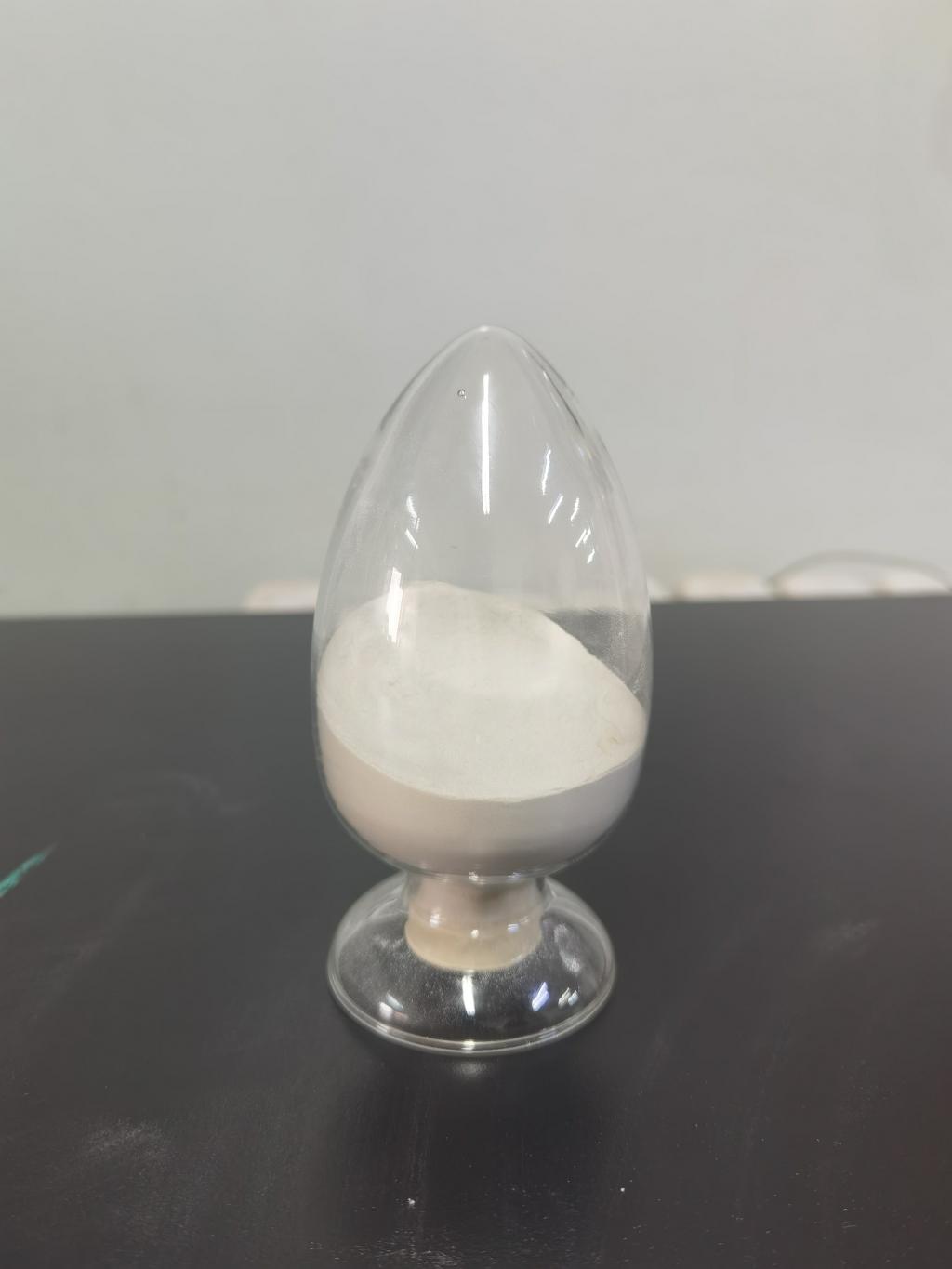Tel:+8618231198596

News
 CONTACT
CONTACT
 CONTACT
CONTACT
- Linkman:Linda Yao
- Tel: +8618231198596
- Email:linda.yao@dcpharma.cn
- Linkman:CHARLES.WANG
- Department:Overseas
- Tel: 0086 0311-85537378 0086 0311-85539701
News
The potential for nisin in functional bakery products.
TIME:2024-11-26
Nisin as a Natural Preservative
Nisin is well-recognized for its ability to inhibit a wide range of Gram-positive bacteria, including Listeria monocytogenes and Clostridium botulinum. This makes it an ideal natural preservative for bakery products, which are often prone to spoilage by microbial contamination during storage. By incorporating nisin, manufacturers can extend the shelf life of baked goods without relying on synthetic preservatives, aligning with consumer preferences for clean-label products.
Enhancing Shelf Stability and Food Safety
Bakery items, especially those with high moisture content like cakes, pastries, and muffins, are susceptible to microbial growth. Nisin can effectively suppress the growth of spoilage bacteria and pathogenic microorganisms, ensuring that these products remain safe for consumption over an extended period. This advantage is particularly crucial for functional bakery products enriched with perishable ingredients such as fruits, nuts, or dairy.
Maintaining Product Quality
Unlike many chemical preservatives, nisin does not negatively impact the sensory attributes of bakery products. It is odorless, tasteless, and heat-stable, making it compatible with the baking process. This ensures that the texture, flavor, and overall quality of the baked goods remain intact, meeting consumer expectations for premium-quality products.
Supporting Clean-Label Initiatives
As the demand for natural and minimally processed foods grows, clean-label formulations have become a priority in the bakery sector. Nisin's status as a naturally derived, GRAS (Generally Recognized as Safe) ingredient makes it an appealing choice for manufacturers aiming to meet this demand. By including nisin, brands can market their bakery products as free from artificial additives while ensuring food safety and stability.
Compatibility with Functional Ingredients
Functional bakery products often include health-promoting ingredients such as dietary fibers, whole grains, and probiotics. Nisin can complement these components by maintaining microbial stability without interfering with their nutritional benefits. Its antimicrobial activity can also protect the viability of probiotics in baked goods, supporting their health claims and overall functionality.
Challenges and Future Prospects
While nisin offers numerous advantages, its effectiveness may vary depending on the formulation and storage conditions of bakery products. To maximize its potential, further research is needed to optimize its application in combination with other natural preservatives and innovative packaging technologies. Additionally, educating consumers about the benefits of nisin as a natural preservative can help build trust and acceptance.
Conclusion
The integration of nisin in functional bakery products represents a promising avenue for the food industry. By enhancing microbial safety, extending shelf life, and supporting clean-label trends, nisin addresses key consumer demands while preserving the quality of baked goods. As research and innovation continue to evolve, nisin’s role in functional bakery products is likely to expand, offering new opportunities for healthier and more sustainable baked goods.
- Tel:+8618231198596
- Whatsapp:18231198596
- Chat With Skype







